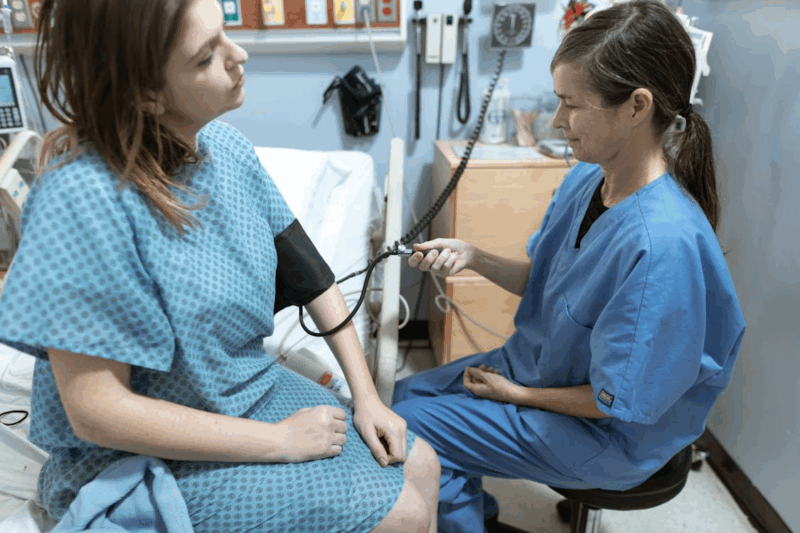
Addiction recovery is more than just an individual process—it is deeply influenced by the environment, connections, and support systems that surround a person. Professional treatment lays the groundwork by addressing the physical, emotional, and psychological aspects of substance use. But long-term healing often relies on something less clinical and more personal: community.
Community-based healing strengthens recovery by offering accountability, belonging, and a support system that extends far beyond treatment. At One Step Rehab, this approach reminds people that while addiction may feel isolating, they are never alone in their journey.
The Importance of Connection in Recovery
Isolation is one of the most significant risks during and after treatment. Without supportive relationships, it’s easy for individuals to feel detached or discouraged when challenges arise. Community-based healing addresses this by fostering human connection, which is essential for rebuilding confidence and finding purpose.
When people come together in recovery settings, whether through peer groups, local support networks, or community organizations, they experience the power of shared understanding. Knowing that others have faced similar struggles reduces shame and encourages vulnerability. This collective strength often becomes the foundation for sustained recovery.
Accountability Through Relationships
Accountability is a cornerstone of long-term sobriety. Having a network of peers, mentors, or community members helps individuals remain focused on their recovery goals. These relationships provide encouragement during moments of temptation and reinforcement during milestones.
Unlike formal treatment structures, community-based accountability feels more natural and personal. It’s the check-in call from a peer, the encouragement from a group leader, or the reminder from a friend who understands the journey. These interactions create an environment where staying committed to recovery is not only possible but also fulfilling.
Healing Through Shared Experiences
Recovery is rarely a straight path. There are setbacks, moments of doubt, and unexpected challenges. Community spaces allow individuals to share these struggles openly and receive support without fear of judgment.
Hearing someone else’s story of resilience can offer hope to those who are struggling. Likewise, sharing personal victories—no matter how small—can inspire others to keep moving forward. This exchange of experiences creates a cycle of healing, where every voice has value and every story adds strength to the group.
Local Resources That Reinforce Recovery
Another important aspect of community-based healing is access to local resources. These may include wellness programs, educational workshops, recreational activities, or peer-led support groups. Such resources extend the benefits of treatment and help people maintain a healthy lifestyle.
For example, those seeking continued support can connect with options like drug rehab Mission Viejo. Beyond providing structured treatment, programs like this integrate individuals into a broader network of local resources and support systems, giving them the tools to thrive in recovery while staying connected to their community.
Building a Sense of Purpose
One of the most powerful outcomes of community-based healing is the rediscovery of purpose. Addiction often strips people of their identity and self-worth. By engaging with others in recovery, individuals begin to rebuild these essential aspects of their lives.
Purpose may come from volunteering, mentoring someone new to recovery, or contributing to community events. Each action, no matter how small, reinforces the idea that recovery is not just about personal survival—it’s about creating a meaningful life and giving back to others.
Long-Term Stability and Wellness
Sustaining recovery requires more than willpower. It demands a network of support, consistent encouragement, and a sense of belonging. Community-based healing provides all of these elements, making it one of the most effective ways to strengthen long-term stability.
When individuals stay connected to their communities, they are less likely to return to isolation, which is often a trigger for relapse. Instead, they are surrounded by people who celebrate their progress, understand their challenges, and encourage their growth.
A Shared Journey Toward Healing
At its core, community-based healing transforms recovery from a solitary experience into a shared journey. It acknowledges that healing is not linear and that people are stronger when they walk the path together. The encouragement of others, access to resources, and opportunities for connection make community involvement a vital part of lasting recovery.
By leaning on others and offering support in return, individuals find that recovery is no longer just about overcoming addiction—it’s about building a life rooted in connection, resilience, and hope.












